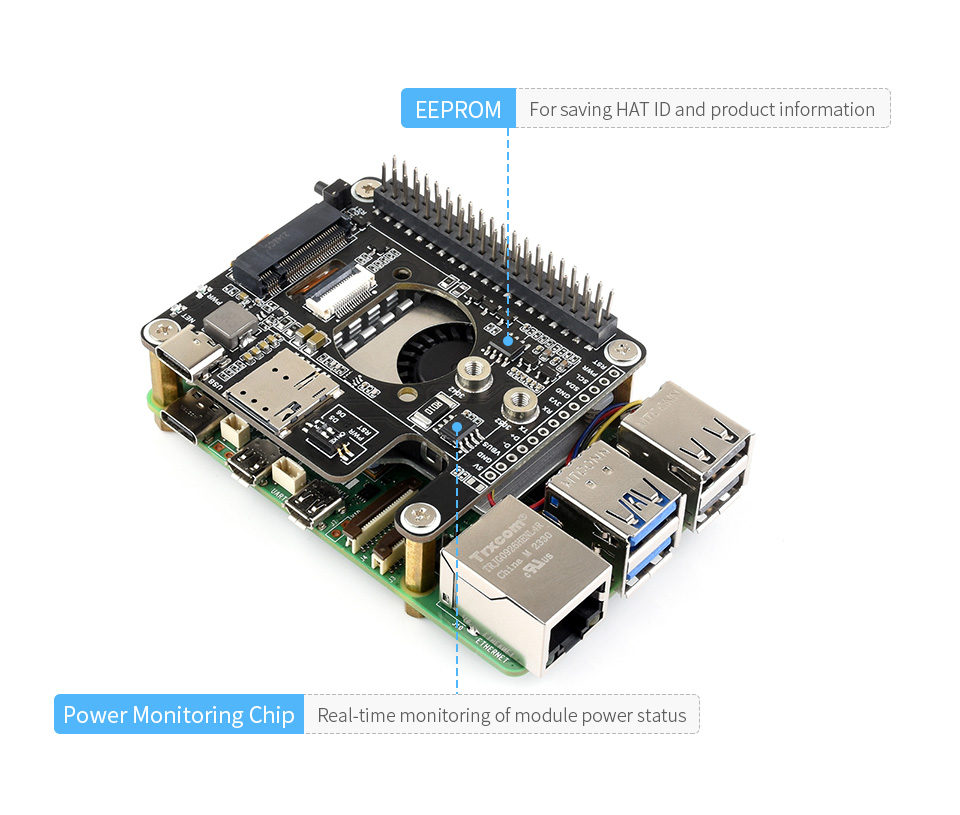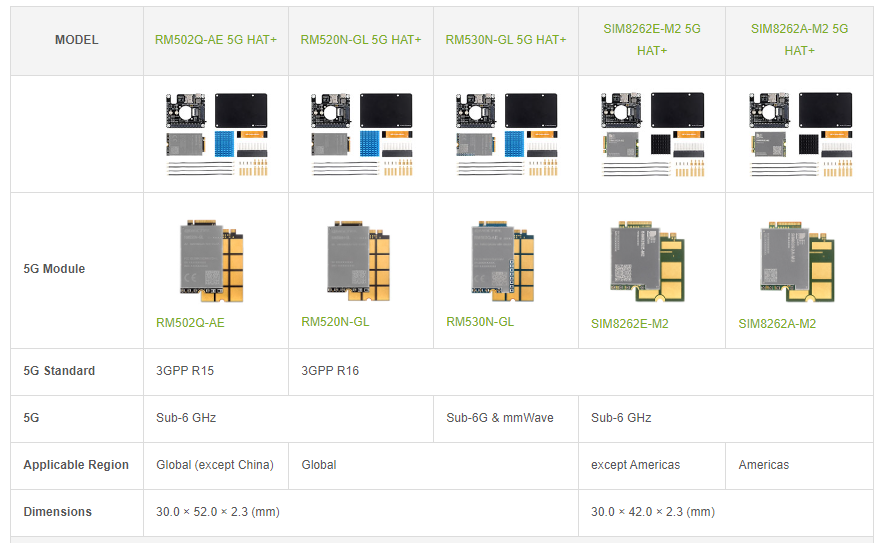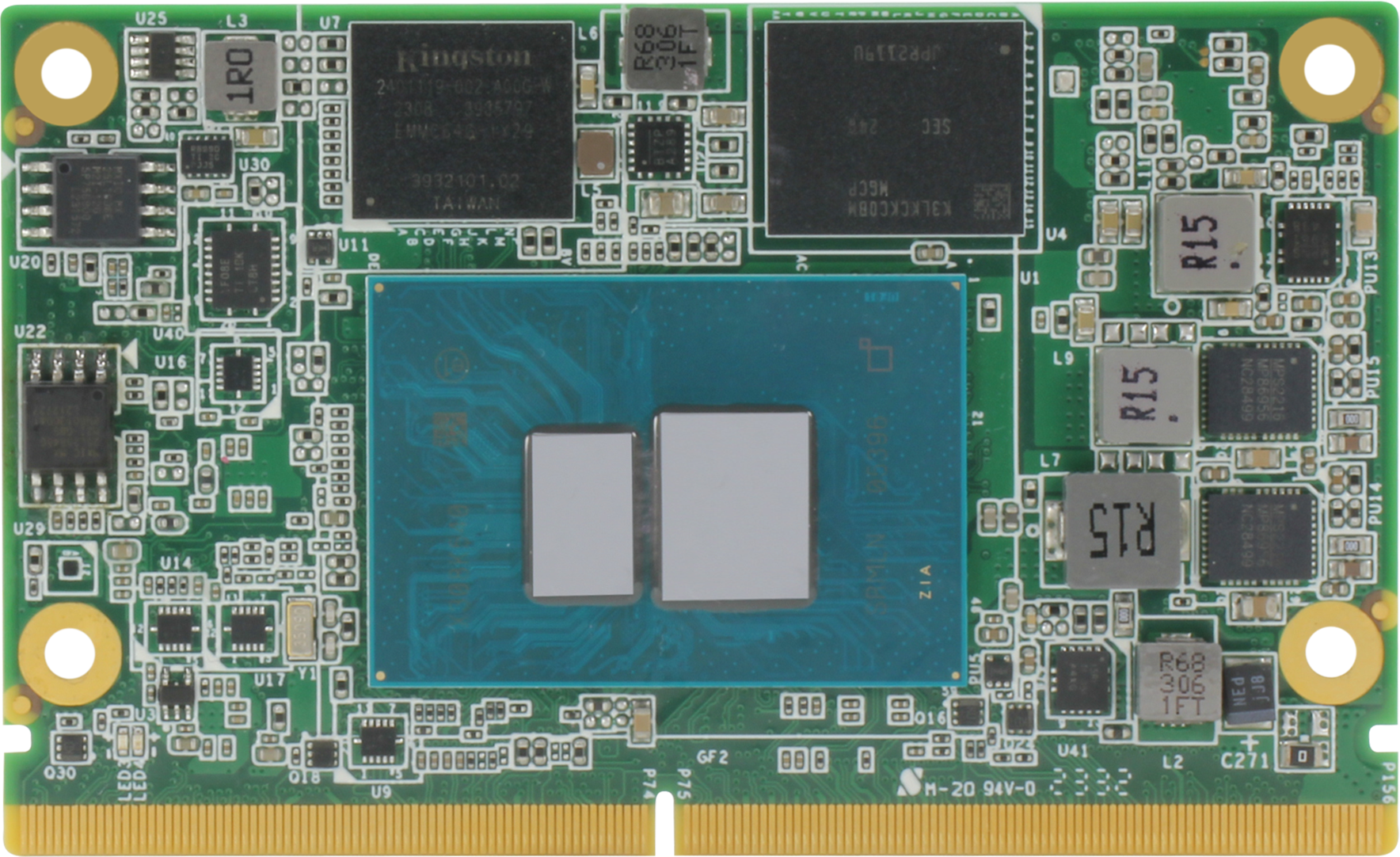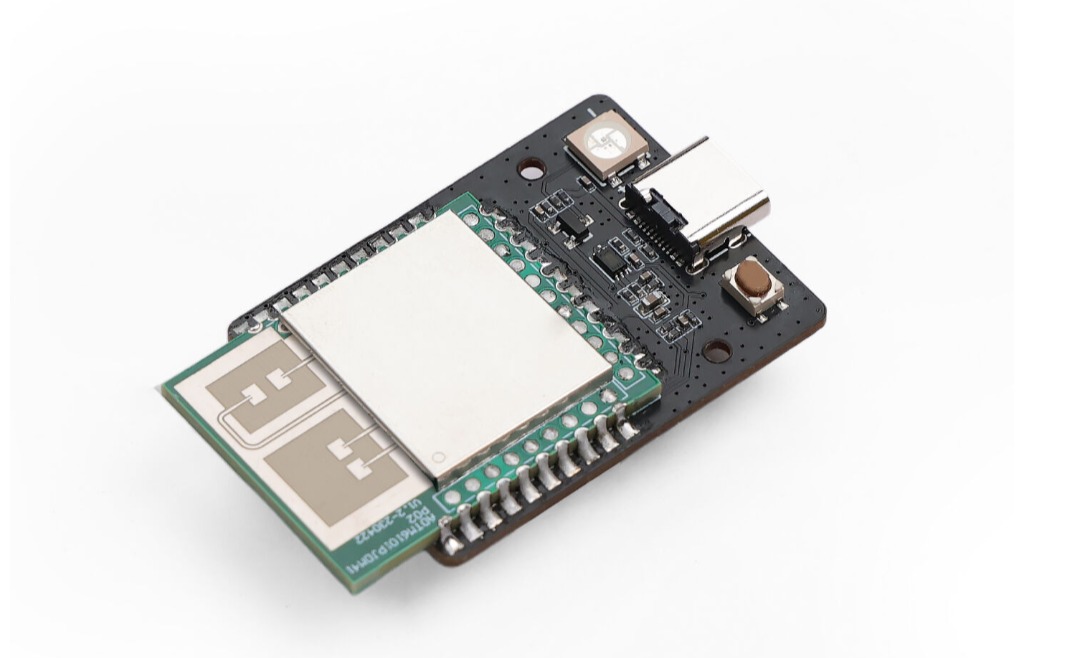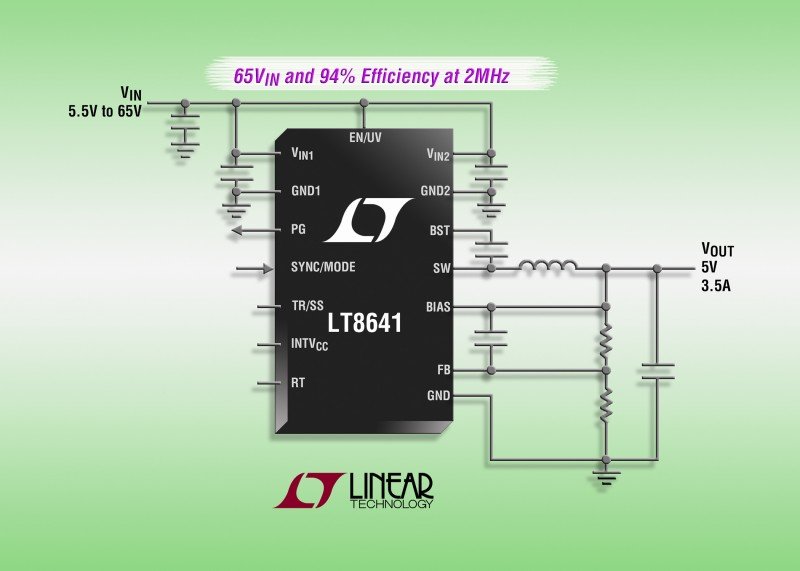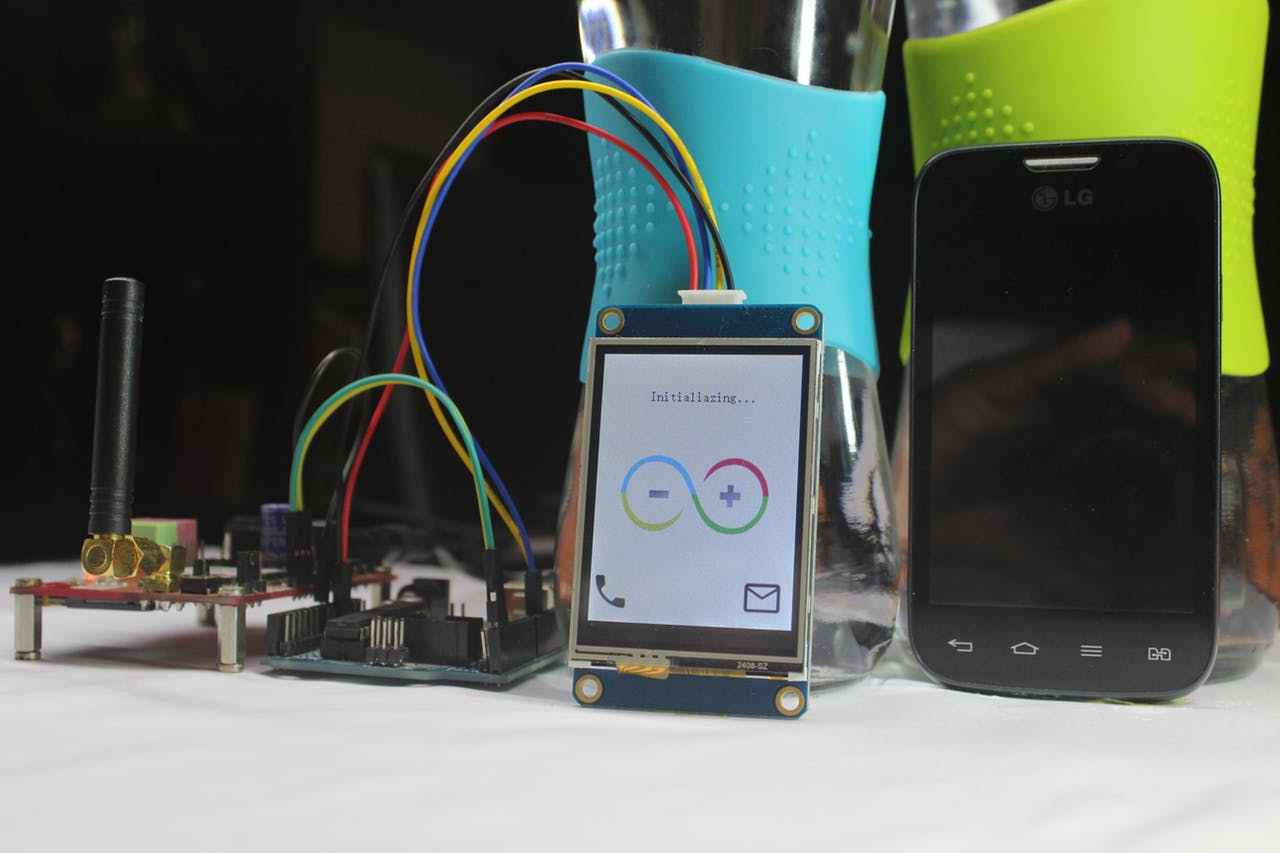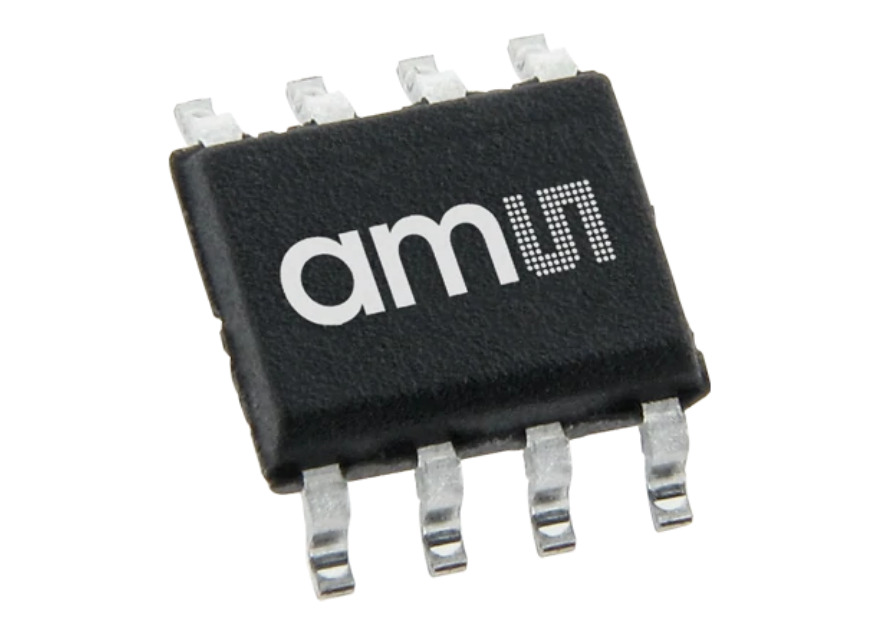
Waveshare PCIe-Based 5G HAT for Raspberry Pi 5 is Compatible with SIMCOM and Quectel Modules
Waveshare PCIe-Based 5G HAT+ for Raspberry Pi 5 enables high-speed 5G/4G/3G networking for the Pi. It supports multiple SIMCom/Quectel 5G modules such as Quectel RM502Q-AE and is compatible with both Raspberry Pi OS and OpenWRT. The HAT features a Type-C port for connecting to Windows/Linux hosts for 5G networking, firmware updates, and debugging. It also includes a power monitoring chip and EEPROM for real-time monitoring and data storage. With its 5G-4IN1-PCB Antenna, the HAT offers easy installation and reliable communication for applications like industrial routers, home gateways, set-top boxes, and more.
This HAT was designed for a fast and reliable 5G connection, ideal for quick data transfer with minimum delay. The kit consists of a 4-in-1 PCB antenna, cables, a heatsink, a 4cm 16-pin PCIe FPC cable, a 40-pin female header, and mounting fixtures.
Previously, we have seen products like ESP32-S3-SIM7670G-4G and the ESP32-S3-A7670E-4G which gives access to a 4G network to Raspberry Pi but now with this new module your Raspberry Pi not only have 4G but also have 5G access. We have written about similar development boards like the Sixfab 5G Modem Kit for Raspberry Pi 5, which Integrated Quectel RM502Q-AE 5G Sub-6Ghz. Feel free to explore those subjects if they catch your interest.
Waveshare offers compatibility with five distinct 5G modules designed for global deployment. Under the Quectel Modules, they use RM502Q-AE which is global except for China, RM520N-GL, and RM530N-GL for global uses. For SIMCom Modules, they use SIM8262E-M2 which is Global except for America and SIM8262A-M2 is only for the Americas. You can find more details on its official Waveshare page. Each module supports a wide range of frequency bands and offers high-speed data rates suitable for diverse global deployments in IoT and edge computing applications.
Waveshare PCIe to 5G HAT+ specifications:
- Compatibility: Raspberry Pi 5 with optional SIMCom or Quectel 5G modules
- Chipset – Qualcomm RM520N
- Interface: PCIe with MHI driver support
- Operating Systems: Raspberry Pi OS, OpenWRT
- Networking: 5G/4G/3G (NSA and SA), 3042/3052 package support
- Connectivity:
- PCIe interface for Raspberry Pi 5
- USB Type-C port for Windows/Linux hosts
- Antenna: 5G-4IN1-PCB Antenna (top or bottom mount)
- Monitoring: Onboard power monitoring chip (voltage, current, power)
- USB – Type-C port for 5G networking of Raspberry Pi or PC via USB cable, firmware updating, or external power supply input
- Storage: Onboard I2C EEPROM for HAT+ ID and product info
- Other Features: Reset button, power/network indicators, SIM card slot
- Misc:
- 40-pin GPIO stacking header
- Reset button
- Storage – I2C EEPROM for Raspberry Pi HAT+.
- Indicators –
- Power indicator
- Network indicator
- Power Management – Onboard power monitoring chip for real-time measurement of voltage, current, and power
- Dimension – HAT+ form factor
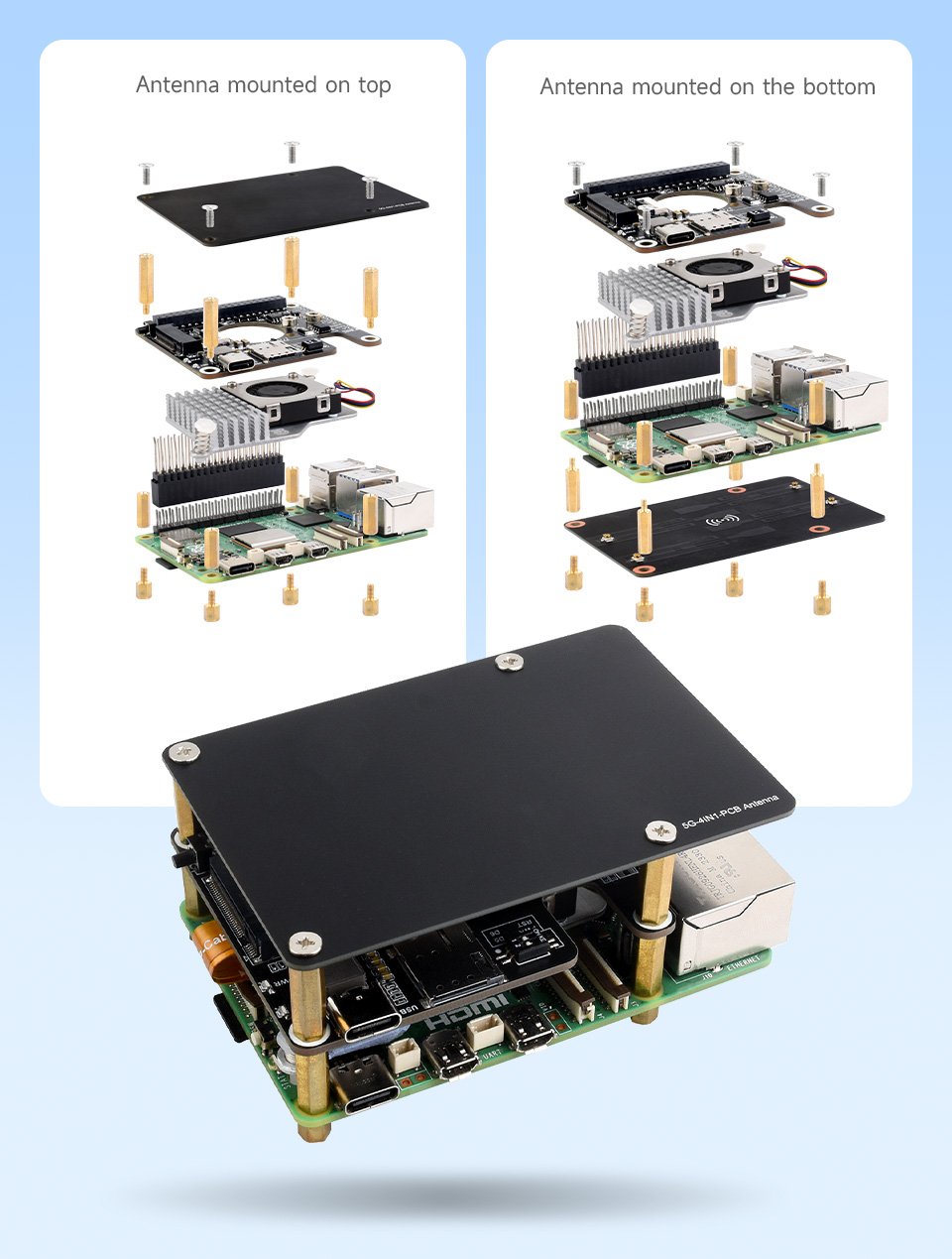
Waveshare PCIe to 5G HAT+ for Raspberry Pi 5 is now available to order from its official store depending on the selected model. It can also be purchased from Aliexpress for $259.43 to $338.55 as well as from the Amazon store.





